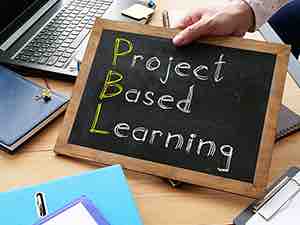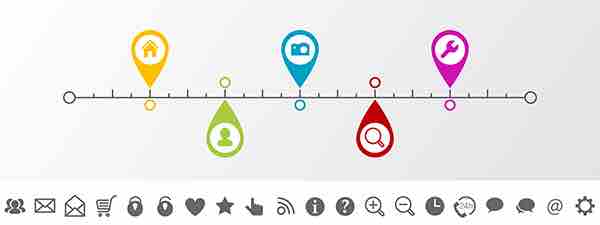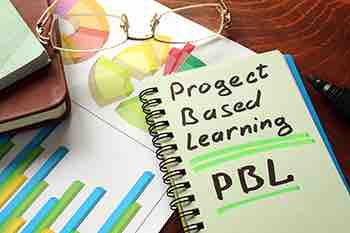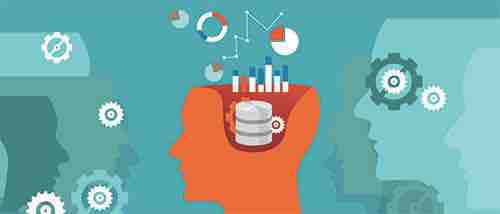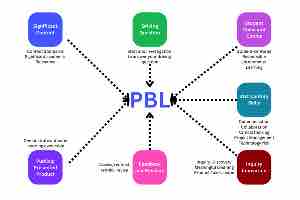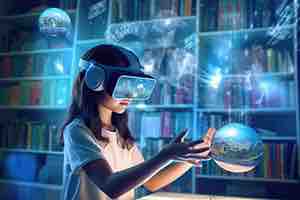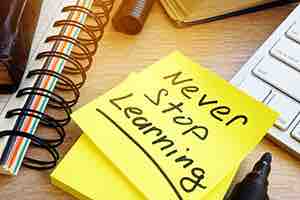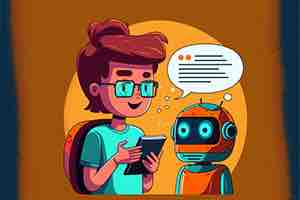About Project-Based Learning
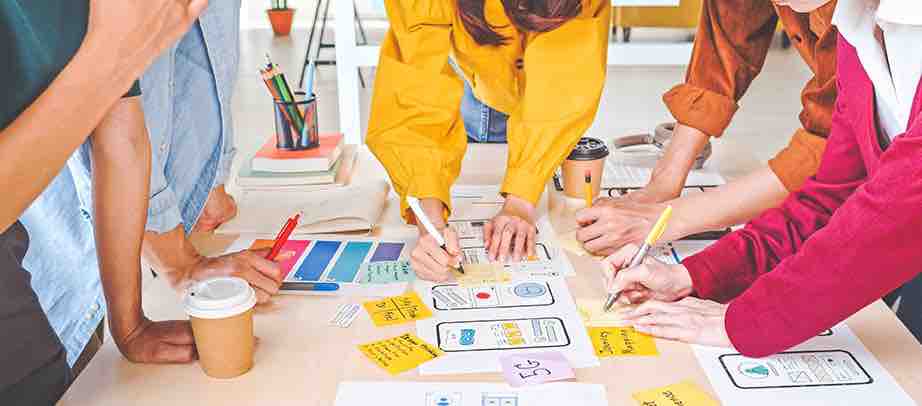
PBL is not just a methodology but an embodiment of experiential education. It offers students the opportunity to immerse themselves in real-world challenges, encouraging a holistic approach to learning and problem-solving. Unravel the foundational philosophies, educational bases, cognitive alignments, and evidence-backed successes that have established PBL as a revolutionary educational approach.

Philosophy and Science Behind PBL
Exploration of the educational theories and scientific research supporting PBL

Understanding Driving Questions
The importance of driving questions in PBL and how to formulate them

Reflection Revision and Public Presentation
The role of reflection, the importance of revision, and presenting findings in PBL

Trends and Predictions
Current and future trends in PBL, with a focus on technology integration and global collaboration

